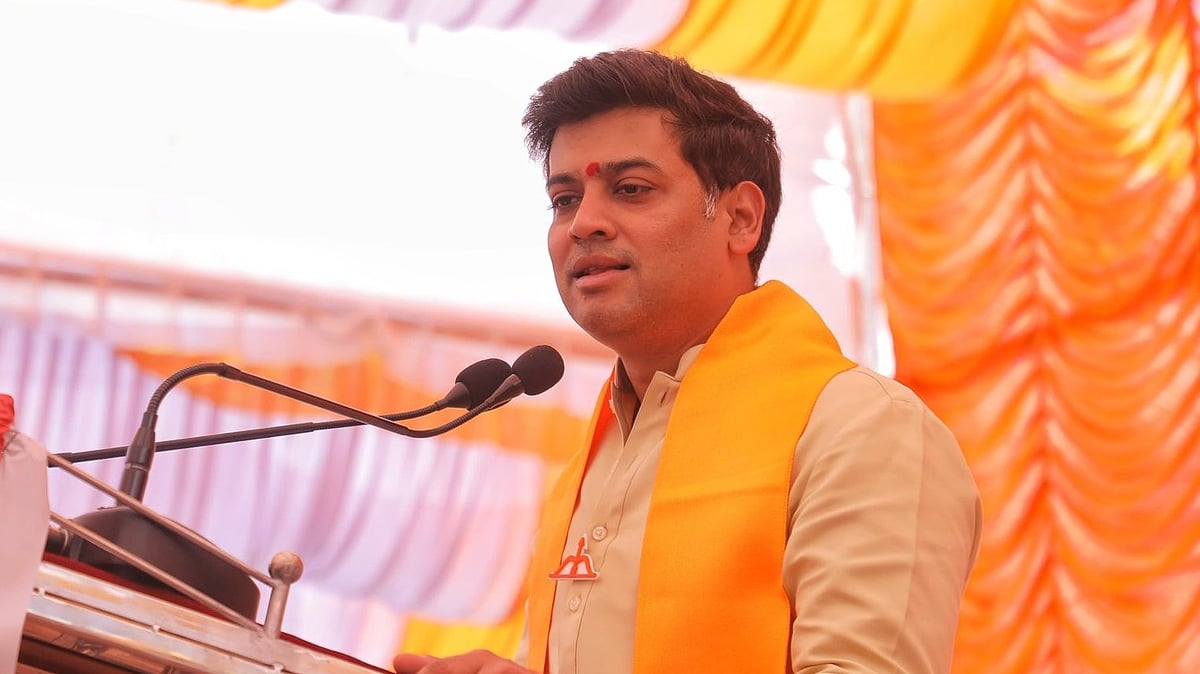The Bombay High Court, while quashing a proclamation order declaring an accused police naik an absconder in a case involving alleged rape and threats against a woman police naik, emphasised the requirement of providing at least 30 days for the accused to appear from the date of proclamation publication. Justice Sarang Kotwal annulled the proclamation issued by the Judicial Magistrate First Class (JMFC) in Pune, stating that, according to Section 82 of the Code of Criminal Procedure, an accused must be afforded 30 days to present themselves before the court before being declared an absconder.
Proclamation issued on November 29
The magistrate had issued a warrant against the applicant on November 24. Subsequently, as the police failed to locate him, a proclamation was issued on November 29, instructing him to appear before the court by December 4.
The applicant challenged this proclamation order by approaching the high court through Advocate Aashish Satpute.
Woman police naik alleges of being drugged & sexually assaulted
The complaint, lodged by a female police naik at the Khadak police station in Pune, accused the applicant of persistently proposing marriage despite her refusal. During the 2020 Covid-19 lockdown, he allegedly drugged and sexually assaulted her, blackmailing her with explicit photos and videos. She further claimed that the applicant continued unnatural relations, used derogatory language, and threatened to expose her, even going as far as threatening physical harm and death.
Earlier, the sessions court and the high court had rejected the applicant's pre-arrest bail pleas.
Advocate Satpute argued that the magistrate's directive for the applicant to appear within a time frame shorter than the mandated 30 days, as specified by Section 82 of the CrPC, was unjust. He also cited three previous high court orders affirming that an accused should be given a 30-day period to present themselves before the court.
High court quashes proclamation order
Additional Public Prosecutor Sangita Shinde failed to counter the previous high court orders but suggested that if the order is set aside, the investigating agency should be given the liberty to pursue an alternative remedy.
The high court quashed the proclamation order and granted liberty to the investigating agency to take appropriate steps, in accordance with the law, to secure the presence of the applicant.








